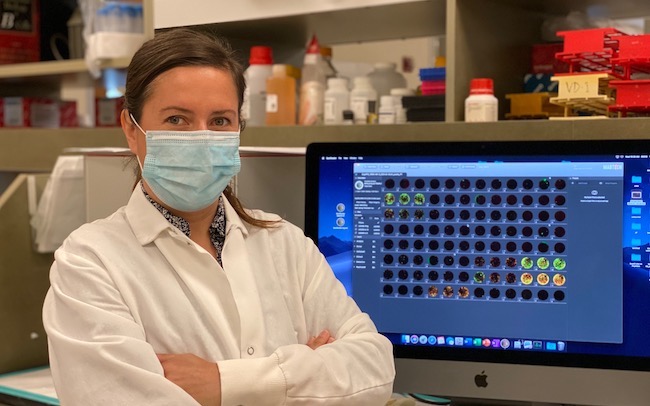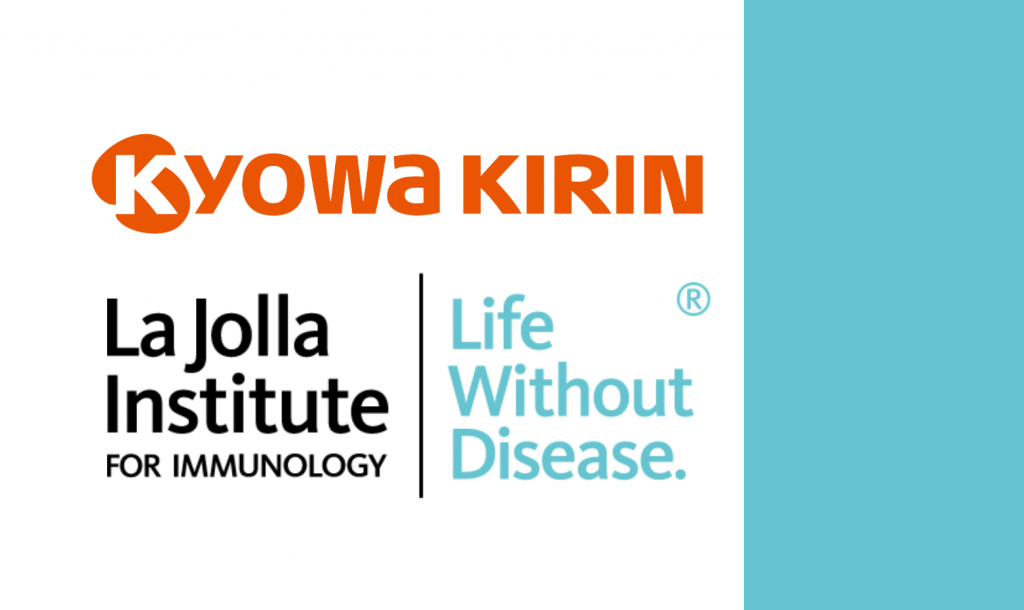
LA JOLLA, CA—Latino Americans have been hit very hard by the COVID-19 pandemic. In fact, the U.S. Centers for Disease Control and Prevention have reported that Hispanic and Latino Americans have been hospitalized with COVID-19 at more than four times the rate of white Americans. This huge disparity can be linked to lower access to health insurance and health care, as well as a higher likelihood of exposure through essential jobs.
At the same time, researchers also want to know if Latino Americans may have immune system differences that sway how they respond to the SARS-CoV-2 virus.
Now LJI Research Assistant Professor Daniela Weiskopf, Ph.D., has been granted $1.4 million from the National Institutes of Health’s National Cancer Institute (NCI) to examine the immune response to SARS-CoV-2 in study volunteers from Puerto Rico, where at least 75 percent of the population identifies as Hispanic or Latino. The five-year project is part of NCI’s Serological Sciences Network (SeroNet), the largest coordinated effort to study immunology and COVID-19 in the United States.
“We know the Latino population is over-represented in terms of COVID-19 cases,” says Weiskopf. “We need to get the whole picture.”
“The nation’s top researchers in academia, government and private industry have come together in an unprecedented effort to fight the pandemic,” says Dinah Singer, Ph.D., deputy director of NCI. “Through SeroNet, we are examining the immune response to the coronavirus to speed delivery of testing, treatments and vaccine development for COVID-19. What we learn could be applied immediately and will prove invaluable to public health beyond the current pandemic.”
Weiskopf’s research focuses on how gene expression patterns affect how a person responds to a viral infection. An expert in mosquito-borne viruses, she pivoted to studying SARS-CoV-2 very early in the pandemic. Her study in the May issue of Cell, with LJI Professors Shane Crotty, Ph.D., and Alessandro Sette, Dr. Bio. Sci., offered the first detailed analysis of the human immune response to SARS-CoV-2. The research team has since published key T cell studies in Science, Science Immunology and Cell that could help guide COVID-19 vaccine development.
For the new project, Weiskopf will work closely with project co-leaders Carlos Sariol, M.D., of the University of Puerto Rico and Marcos López-Casillas, Ph.D., of the University of Puerto Rico and the Puerto Rico Science, Technology and Research Trust. Weiskopf and her colleagues at LJI will analyze blood samples from patients in Puerto Rico to study how their T cells respond to the virus. Researchers at the Saint Louis University will then study the antibody response in these patients.
“We will basically have the entire adaptive immune response covered,” says Weiskopf. “This work will also give us a baseline for how many people in the population have been exposed or have been infected and how they respond.”
Weiskopf has worked with Sariol’s team at the University of Puerto Rico on previous studies of immune responses to dengue virus, Zika virus and other related viruses. This work is made possible through an island-wide clinical network that collects blood samples for scientific research.
The new grant is 1U01CA260541-01.
###





